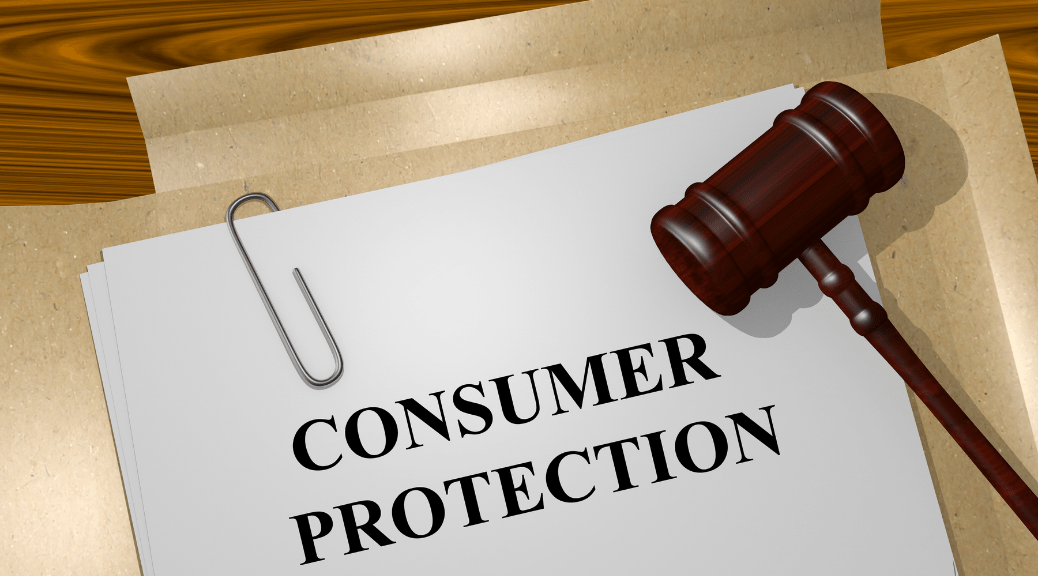Consumers: Know Your Rights


BY ASHIM SANYAL, COO CONSUMER VOICE
A food system is defined as a system that embraces all the elements (environment, people, inputs, processes, infrastructure, institutions, markets and trade) and activities that relate to the production, processing, distribution and marketing, preparation and consumption of food and the outputs of these activities
UN Secretary-General António Guterres will convene a UN Food Systems Summit to be held during the UN General Assembly in New York on September 23 as part of the Decade of Action to achieve the Sustainable Development Goals (SDGs) by 2030. The Summit will launch bold new actions to deliver progress on all 17 SDGs, each of which relies to some degree on healthier, more sustainable and equitable food systems. The Summit process aims to deliver the following outcomes:
All of us are consumers of goods and services. The Consumer Protection Act, 2019 is an Act to provide for protection of the interests of consumers and for the said purpose, to establish authorities for timely and effective administration and settlement of consumers’ disputes and for matters connected therewith or incidental thereto. The Consumer Protection Bill, 2019 was introduced in Lok Sabha by the then Minister of Consumer Affairs, Food and Public Distribution, late Shri Ram Vilas Paswan on July 8, 2019. The Bill replaces the Consumer Protection Act, 1986.
A consumer is defined as a person who buys any good or avails a service for a consideration. It does not include a person who obtains a good for resale or a good or service for commercial purpose. It covers transactions through all modes including offline, and online through electronic means, teleshopping, multi-level marketing or direct selling. These rules may be called the Consumer Protection (Central Consumer Protection Council) Rules, 2020. They came into force on the 20th day of July,2020.
Rights of consumers: Six ( 6 ) :
consumer rights have been defined in the Bill, including the right to: (i) be protected against marketing of goods and services which are hazardous to life and property; (ii) be informed of the quality, quantity, potency, purity, standard and price of goods or services; (iii) be assured of access to a variety of goods or services at competitive prices; and (iv) seek redressal against unfair or restrictive trade practices.
Central Consumer Protection Authority:
The central government will set up a Central Consumer Protection Authority (CCPA) to promote, protect and enforce the rights of consumers. It will regulate matters related to violation of consumer rights, unfair trade practices, and misleading advertisements. The CCPA will have an investigation wing, headed by a Director-General, which may conduct inquiry or investigation in to such violations.
CCPA will carry out the following functions, including: (i) inquiring into violations of consumer rights, investigating and launching prosecution at the appropriate forum; (ii) passing orders to recall goods or withdraw services that are hazardous, reimbursement of the price paid, and discontinuation of the unfair trade practices, as defined in the Bill; (iii) issuing directions to the concerned trader/ manufacturer/ endorser/ advertiser/ publisher to either discontinue a false or misleading advertisement, or modify it; (iv) imposing penalties, and; (v) issuing safety notices to consumers against unsafe goods and services.
Consumer Disputes Redressal Commission:
Consumer Disputes Redressal Commissions (CDRCs) will be set up at the district, state, and national levels. A consumer can file a complaint with CDRCs in relation to: (i) unfair or restrictive trade practices; (ii) defective goods or services; (iii) overcharging or deceptive charging; and (iv) the offering of goods or services for sale which may be hazardous to life and safety. Complaints against an unfair contract can be filed with only the State and National Appeals from a District CDRC will be heard by the State CDRC. Appeals from the State CDRC will be heard by the National CDRC. Final appeal will lie before the Supreme Court.
The District CDRC will entertain complaints where value of goods and services does not exceed Rs one crore. The State CDRC will entertain complaints when the value is more than Rs one crore but does not exceed Rs 10 crore. Complaints with value of goods and services over Rs 10 crore will be entertained by the National CDRC.
Product liability:
This is also a provision introduced which has a great ramification over product quality which the consumer doesn’t have to prove extensively. The onus lies upon the seller / brand. Product liability means the liability of a product manufacturer, service provider or seller to compensate a consumer for any harm or injury caused by a defective good or deficient service. To claim compensation, a consumer has to prove any one of the conditions for defect or deficiency, as given in the Bill.
Penalties for Misleading Advertisement:
Misleading and false advertisements is one of the many aspects that were introduced by the 2019 Act. The repealed Act did not deal with the concept of misleading and false advertisements. Misleading advertisement is defined under Section 2(28) of the Act and includes any advertisement, which gives false description of a product or service, gives false guarantee misleading the consumers, conveys express representation constituting unfair trade practice and deliberately not revealing essential information about the product.
Also Read: The Price of Misleading Advertisements
Alternate Dispute Resolution: If it appears to the Consumer Dispute Redressal Forum that the consumer dispute can be settled by way of mediation, it may refer the parties to mediation with their consent. For the purpose of mediation, the State Government shall establish a consumer mediation cell for each District Commission and State Commission. The Central Government shall establish a consumer mediation cell attached to the National Commission The consumer mediation cell will be responsible for maintaining a list of empanelled mediators, cases handled by the cell, record of proceeding and other information by specified regulations. The cell also has to submit a quarterly report to the commission it is attached to.
E-Complaints : Section 17 of the Act provides that a complaint regarding unfair trade practice, violation of consumer rights or misleading and false advertisements can be filed in electronic mode also to the District Collector, the Regional Office Commissioner or the Central Authority.
In spite of certain lacunas in the Act, the Consumer Protection Act, 2019 is a positive step towards development and reformation of consumer laws in the country. With the new act based on the foundation of fair trade practices, the consumers are no more asked to beware. Today, a consumer is treated like a King. Hence, it becomes important for the owners of consumer driven businesses, like e-commerce or retail to be mindful of the changes in the legal landscape and have robust policies that deal with consumer redressal in place. Consumer driven businesses need to be cautious before opting for unfair trade practices.
Related
Decoding Cyber Coverage in India: Your Ultimate Guide
In today's technology-driven landscape where digitalization is ubiquitous, companies confront an escalating threat landscape in the form of...
Navigating Insurance Options: Comprehensive Coverage for Diabetics in India
As the prevalence of diabetes continues to rise steadily in India, individuals grappling with this chronic condition encounter myriad challenges,...
Understanding International Travel Insurance
International travel insurance serves as a financial product crafted to shield travellers from unforeseen events and expenses while journeying...


